- Details
The country’s weather bureau gets revitalized as President Benigno S. Aquino III signed into law Republic Act 10692 or An Act Providing for the Modernization of the Philippine Atmospheric, Geophysical, and Astronomical Services Administration (PAGASA), Providing Funds Therefore and for Other Purposes, last November 3, 2015.
The law compels the weather bureau, an agency under the Department of Science and Technology (DOST), to modernize its technological operational capacity and strengthen its role as the premier national weather agency to attain its vision as a center of excellence for weather-related information services.
- Details
Nine units of the Department of Science and Technology’s (DOST) “library in a box” are set to be deployed to nine different institutions and sites in Lapu-Lapu City, Cebu with the Memorandum of Understanding (MOU) signing for the project dubbed as STARBOOKS or Science and Technology Academic and Research- Based Openly Operated Kiosks at the Hoops Dome in the city last November 10, 2015.
The nine beneficiaries are the Science and Technology Education Center, Felipe F. Matbagon Memorial High School, Lapu-Lapu Mini City Hall, Marigondon National High School, Nemesio-Epifania Taneo Memorial High School, Lapu-Lapu City College, Pangan-an High School, Sta. Rosa National High School, and Lapu-Lapu City Library.
- Details
A forester from the Department of Science and Technology (DOST) and the director of DOST-Region X’s Provincial Science and Technology Center (PSTC) in Bukidnon are among the awardees of this year’s Outstanding Public Officials and Employees Awards of the Civil Service Commission (CSC).
Forester Arsenio B. Ella from DOST’s Forest Products Research and Development Institute (FPRDI) received the Presidential Lingkod Bayan Award for “sharing his knowledge on science and technology to the community to assist them with their livelihood.”
Read more: DOST official, scientist among 2015 outstanding public officials and employees

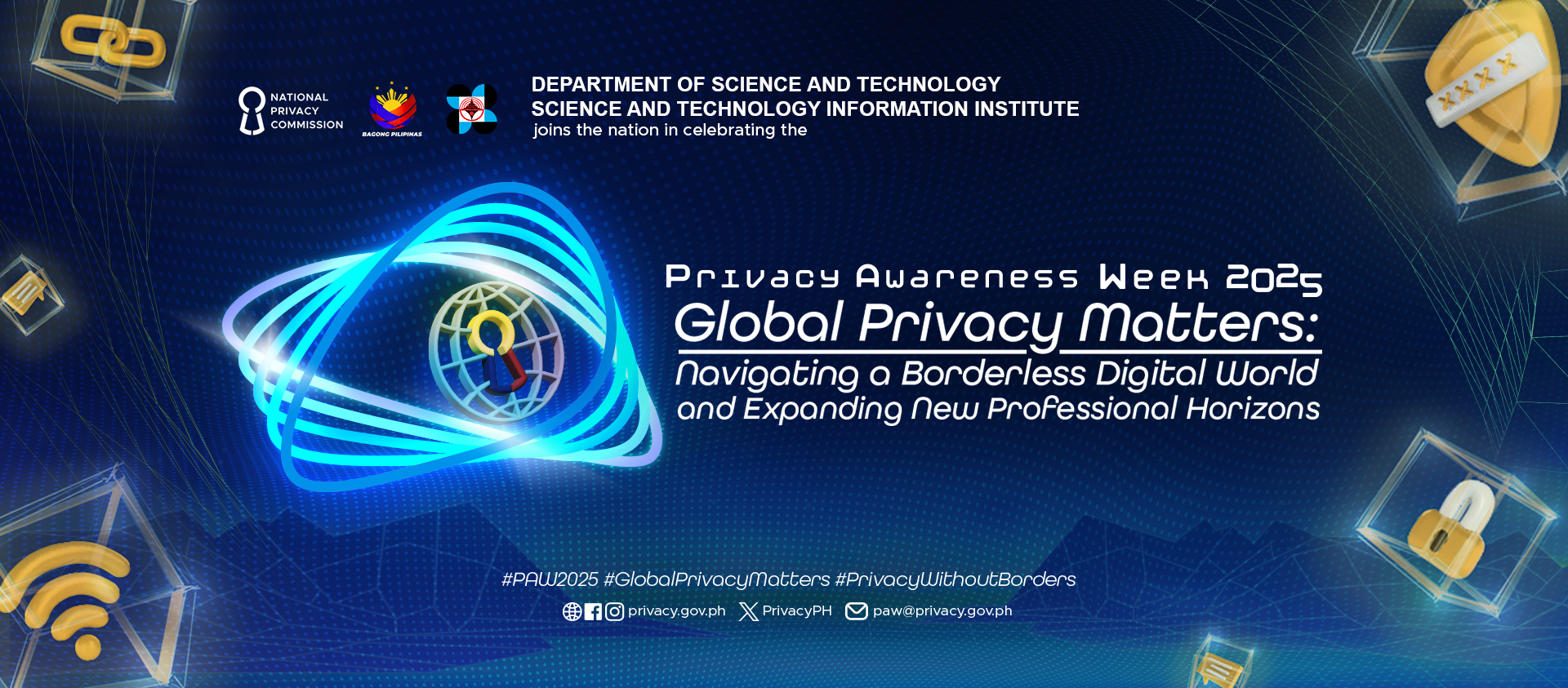
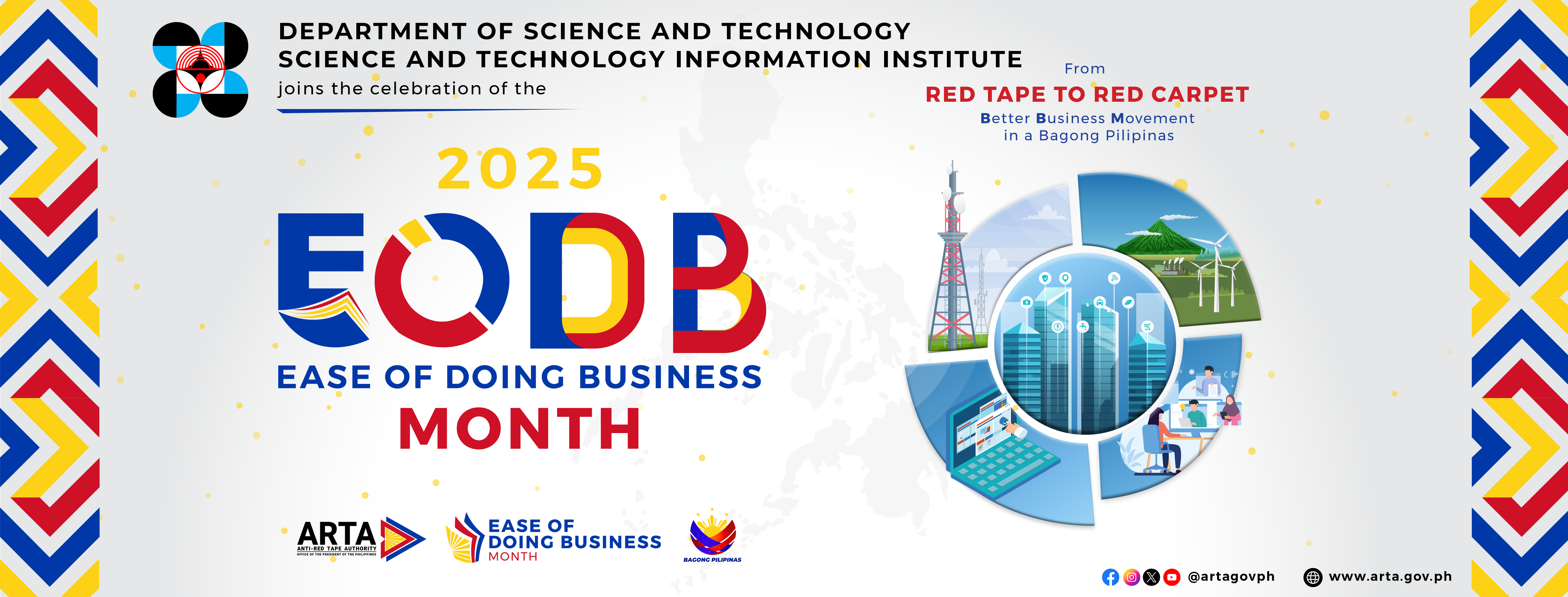
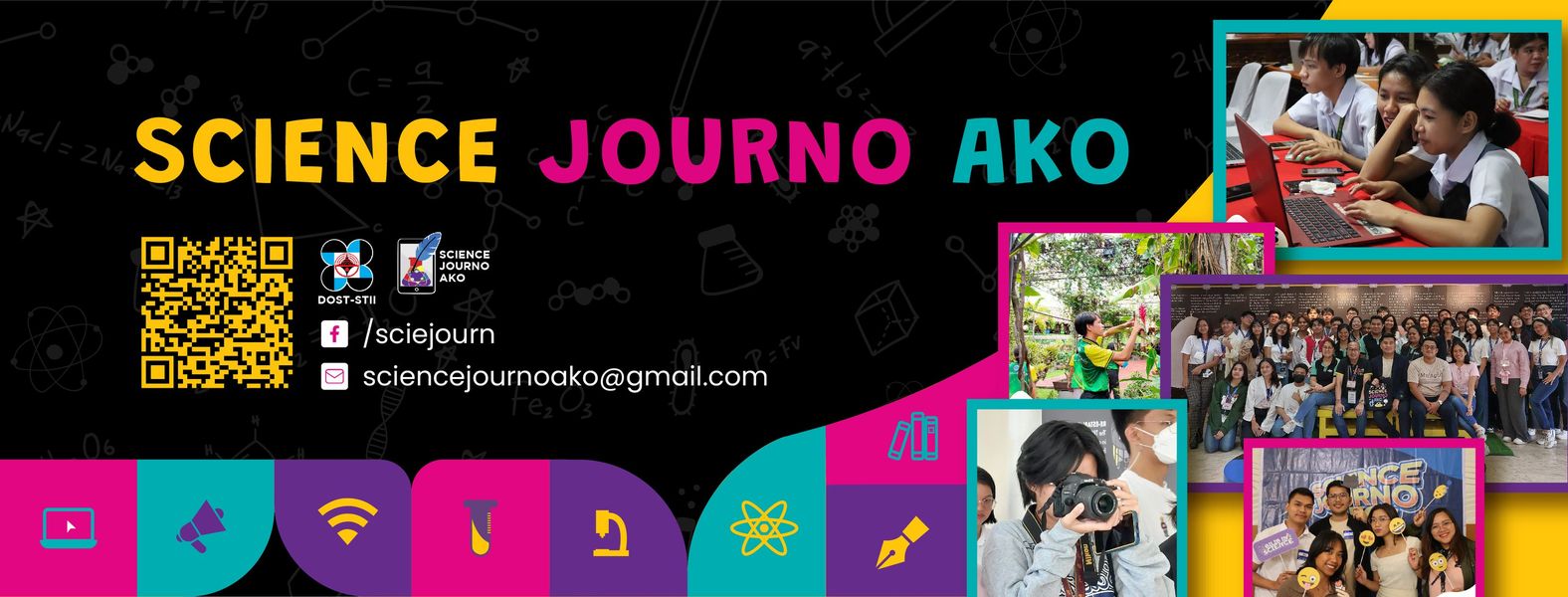
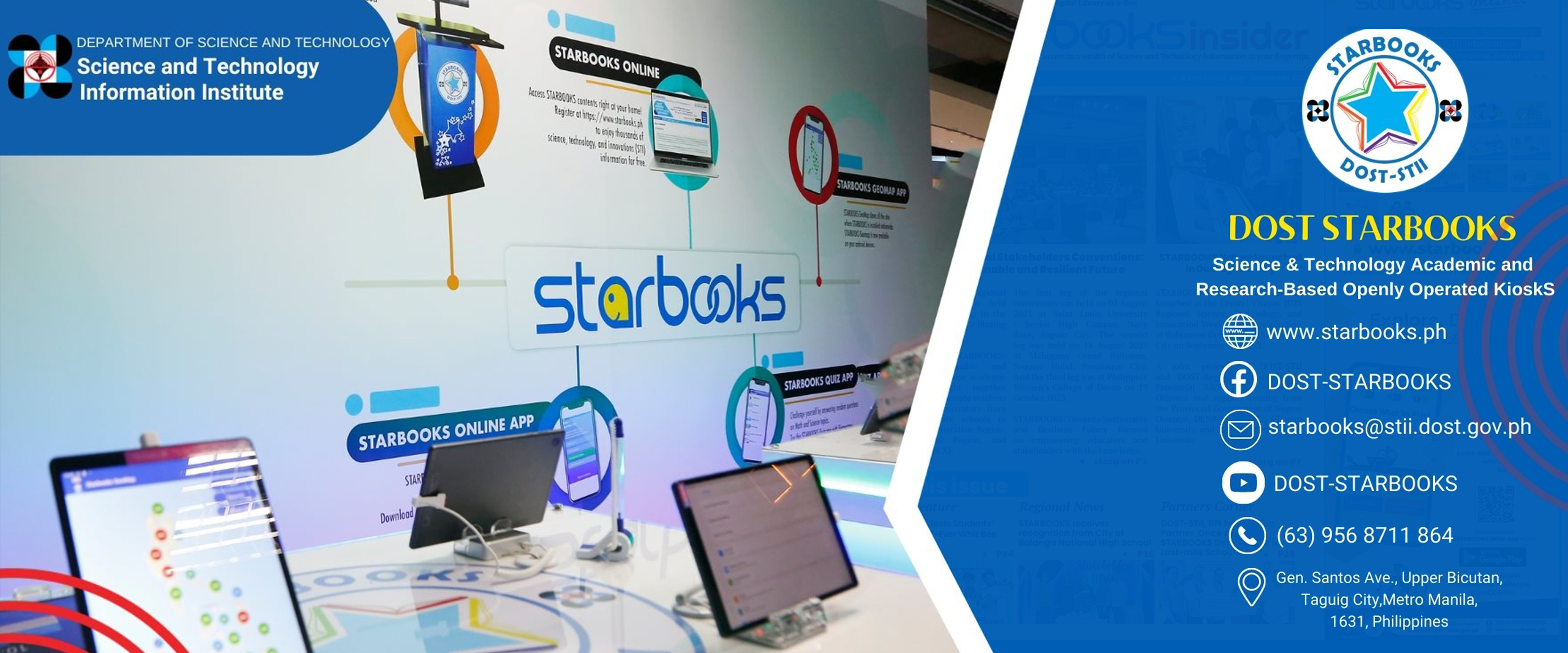
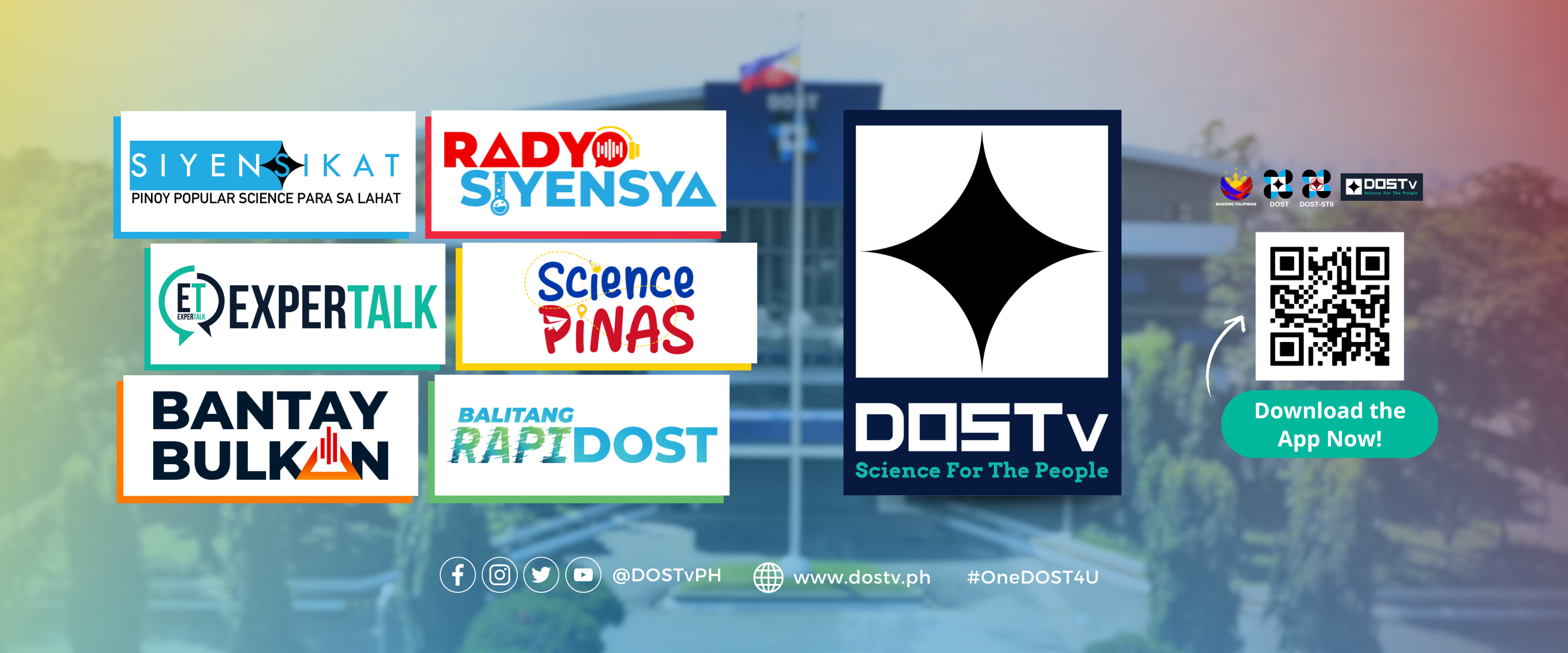

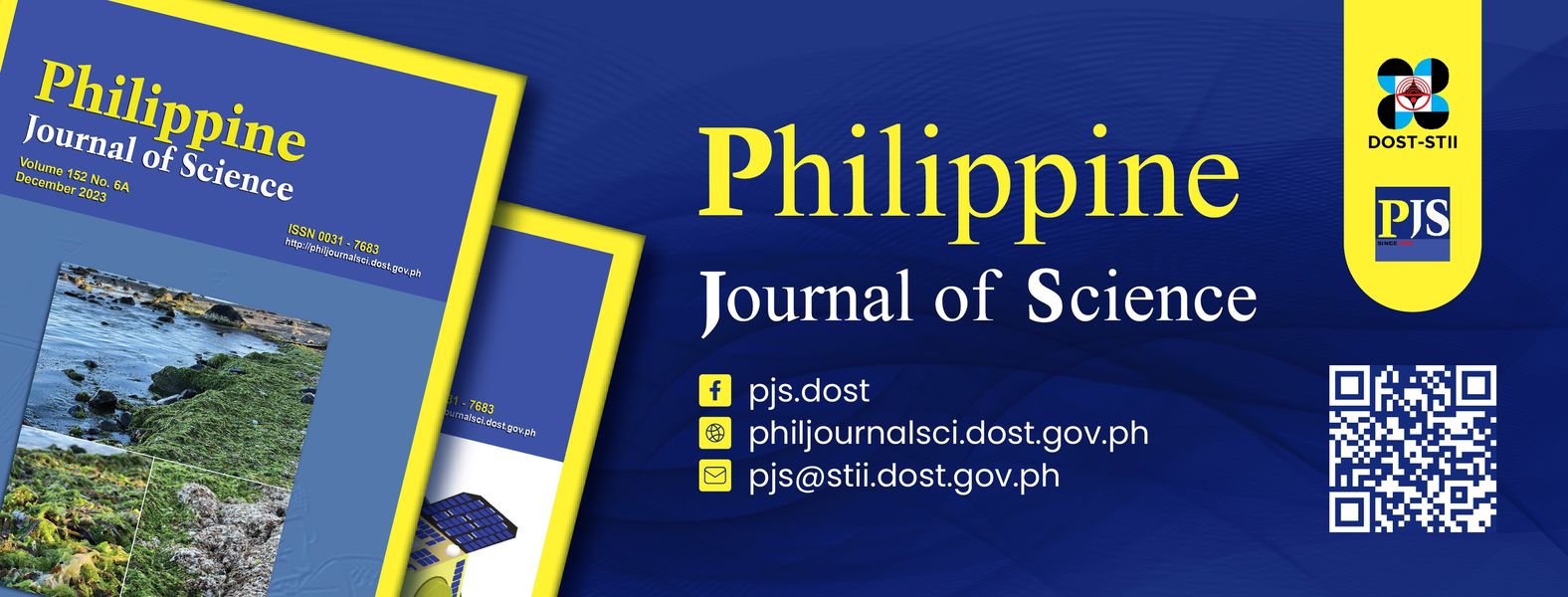




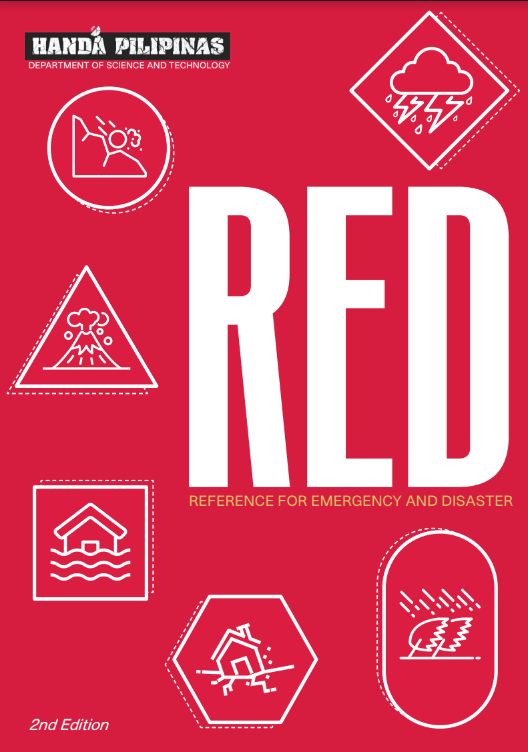





 21 in 2021 Technology Catalogue
21 in 2021 Technology Catalogue 21 in 2021 Technology Catalogue
21 in 2021 Technology Catalogue DOST Innovations - Web and Mobile Applications for Disaster Risk Reduction and Management
DOST Innovations - Web and Mobile Applications for Disaster Risk Reduction and Management